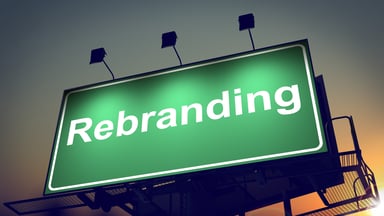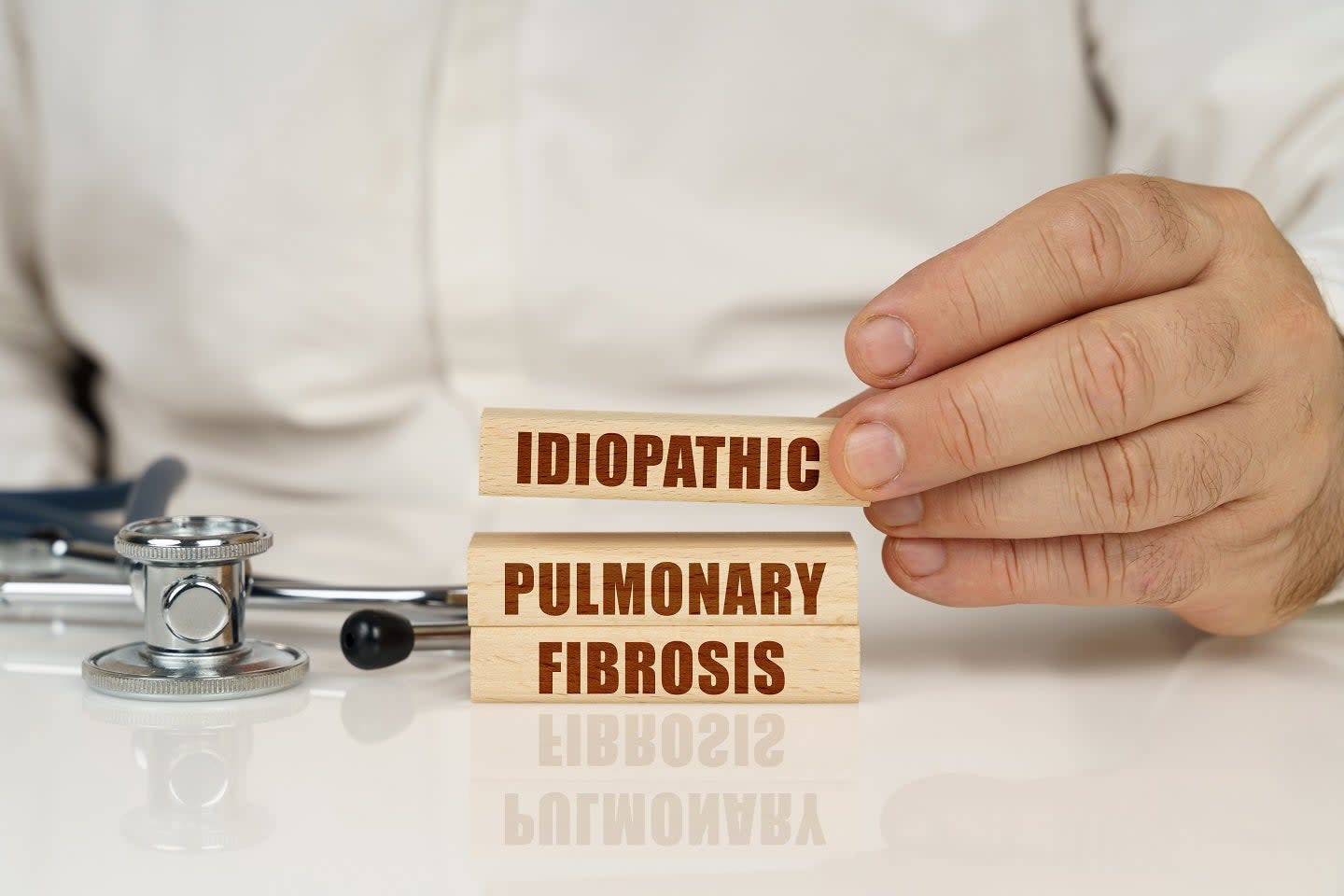A federal judge has granted Gilead summary judgment in a whistleblower lawsuit that accused the company of employing deceptive speaker events to incentivize physicians to prescribe its hepatitis C medications. This ruling effectively clears Gilead of allegations suggesting that it engaged in unlawful marketing practices designed to boost sales through improper financial inducements.
The lawsuit, which drew significant attention within the pharmaceutical industry, highlighted concerns over compliance and ethical marketing strategies in the promotion of high-cost therapies. Gilead’s victory not only reinforces its market position but also sets a precedent regarding the legal boundaries of pharmaceutical marketing practices, particularly in the context of specialty drugs.
As the industry continues to navigate complex regulatory landscapes, this outcome may influence how companies structure their promotional activities and interact with healthcare professionals. It underscores the importance of adherence to compliance frameworks while balancing effective marketing strategies in an increasingly scrutinized environment.
Use the database as your supply chain compass →



